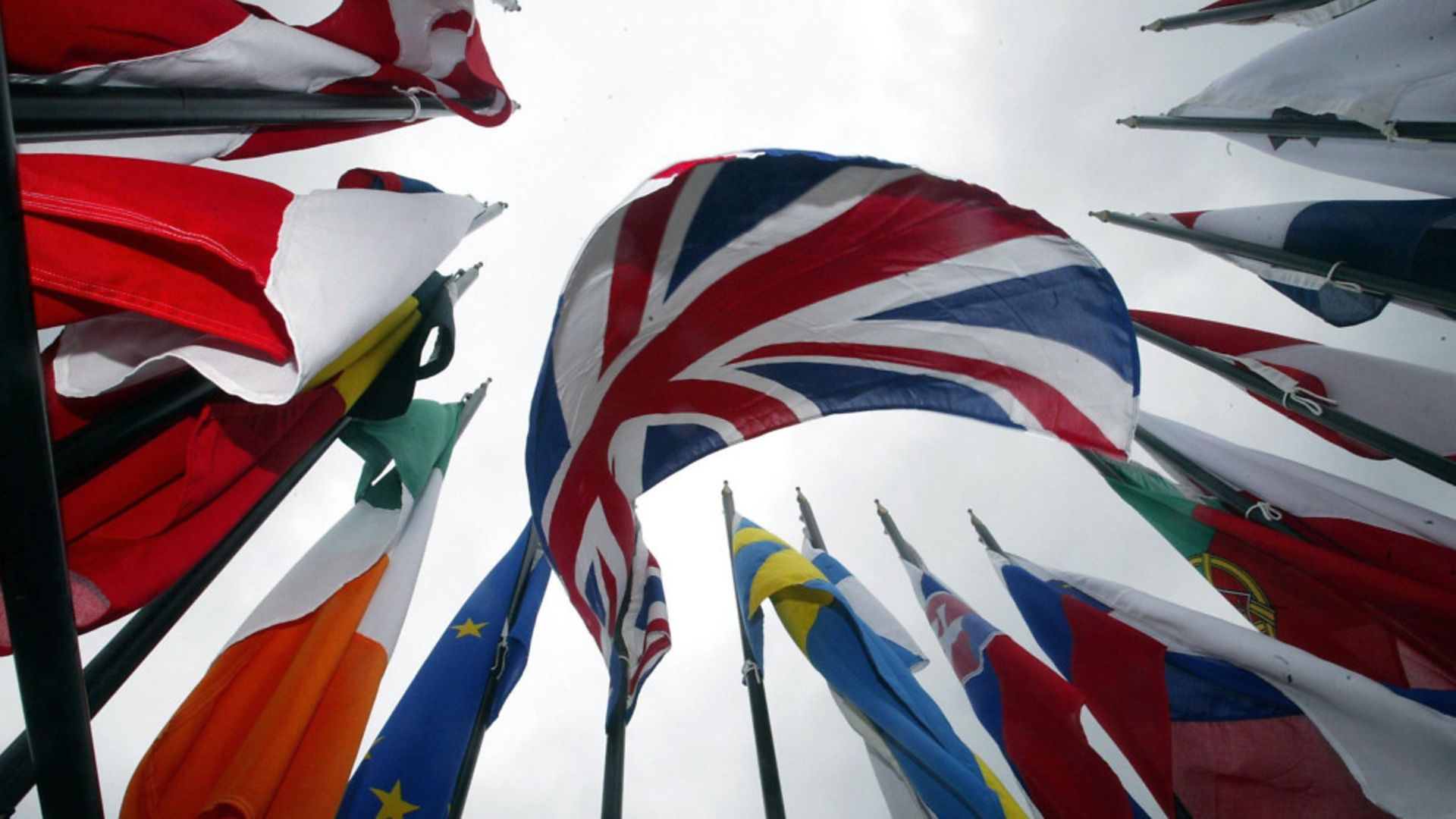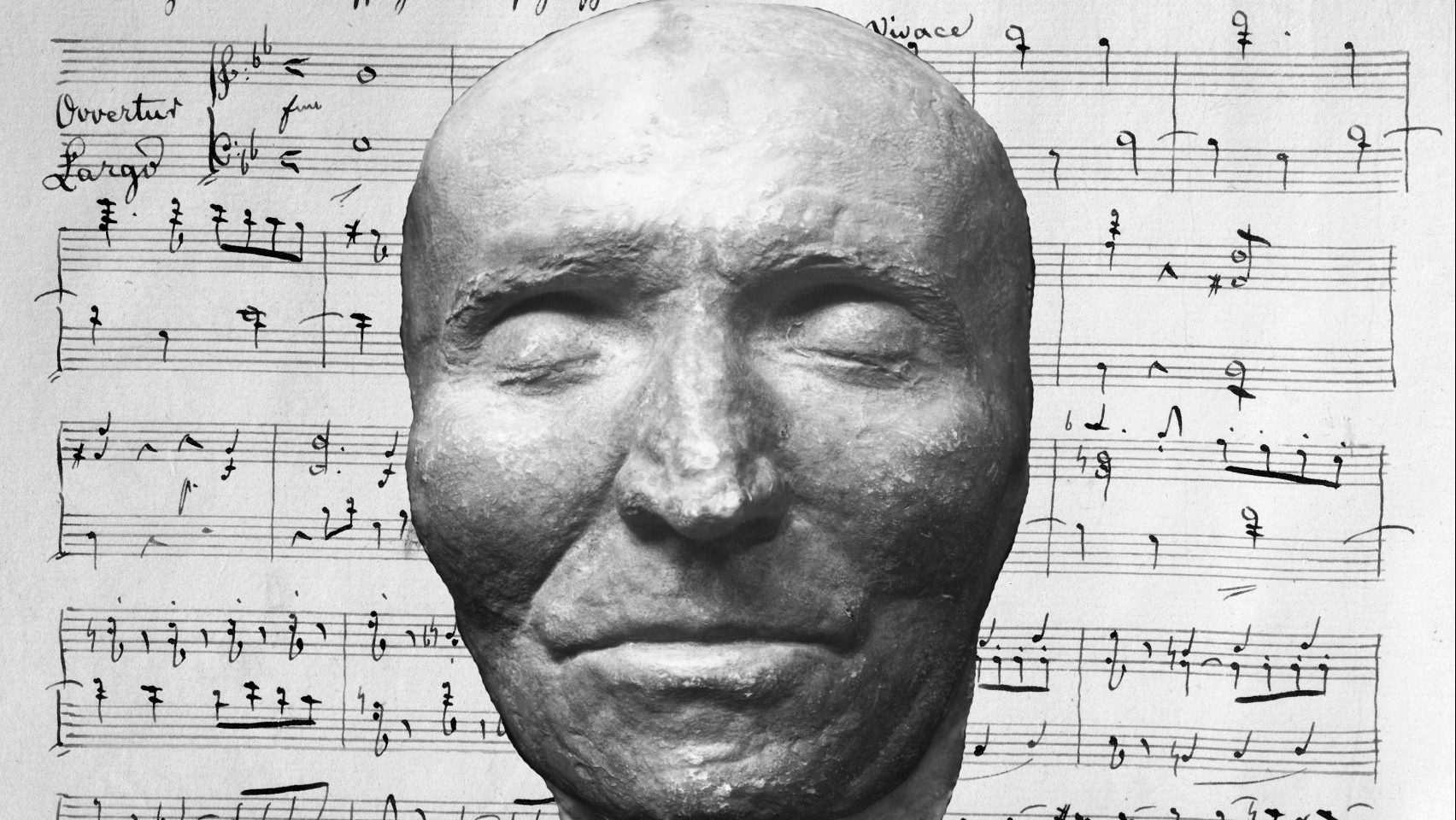Ask anyone who has a dual-heritage background and they’ll tell you the same thing: when you’re submerged in one of the cultures you feel more like you belong in the other – and vice versa. Yet perversely, you also identify with the one you’ve newly entered: which suggests it’s the movement between the two that creates this strange sensation people call… patriotism.
Arguably the difference between American and English society is a small one, but in the past, I’d always arrive in the States and feel a sort of weight lift from my shoulders: Goodbye to the native land of the hypocrite! I’d muscle up to the bar – literally as much as figuratively – order a dry martini, and immediately engage the person propped next to me in conversation. In all of the 50 states, this is pretty much de rigueur – and at least initially American encounters feel shorn of the instantaneous and unconscious assessments of class that dominate and determine English ones.
Somehow, over the years, this has changed: now I don’t feel at home anywhere much and so don’t feel away from it when I’m not in England, nor particularly English when I’m abroad. Even the word ‘abroad’ has an odd ring to it, as if it were in the process of losing its meaning altogether. The late and not especially lamented Theresa May contemptuously described people such as myself as “citizens of nowhere”; but unlike her successor, who nixed his US citizenship for tax purposes and ambitious ones, I’ve retained mine. This makes me a citizen of at least two countries, if not the entire world.
No, my rootlessness isn’t a function of my own deracination – but that of the two cultures I nominally belong to: God no longer blesses America – while all He, She or It seems to do for England is keep its nonagenarian sovereign alive so she can unveil another plaque for another late and over-budget civil engineering project. Both societies, it seems to me, are in conspicuously bad faith, and so their salient characteristics are beginning to dissolve in an anomic gloop.
Still, there are some differences: arriving in New York the day after the Buffalo spree shooting, I took a bus from JFK Airport to East Jamaica. I was interested in seeing some of the areas where my mother had lived as a girl in the 1930s. The neighbourhood had changed, and within seconds of getting off the bus, I realised I was in the wrong place: definitively not at home. I don’t think I was in any special danger – I’ve walked through the northside of Chicago, south central Los Angeles, and even much of east New York before without problems; but the fact remains: the US is ghettoised in a way that England really isn’t. The legacy of chattel slavery runs very deep indeed, such that the encounter between black and white is always adumbrated by its enduring legacy – which is one typified by quite as much hypocrisy as the English class system.
Ten African Americans were slain by the shooter upstate, but in New York itself, the talk was all about the rising numbers of Covid cases, and the grim milestone that had been reached: a million deaths from the pandemic. The city feels markedly poorer and concomitantly edgier than it did before the pandemic. An article in the New York Times contrasted the US unfavourably with Australia: the factor, it said, that allowed those down under to avoid such a high death rate wasn’t better epidemiology, virology and pharmacology, but trust. It made me think of Gore Vidal’s remark when he visited the great southern island-continent: “I’ve seen the past… and it works.”
The past did ‘work’ in both America and England in this sense: rigid conformity to a stereotypic identity ensured… um, rigid conformity. But a tautology isn’t really a culture, which, as I’ve had a cause to remark before in this place, is nothing save a vector that carries practices, objects and ideals through time. For the States and the Kingdom, this vector has long since ceased to justify the ascription ‘united’, since we no longer collectively trust in either God, each other, or even cash. Instead, on both sides of the Atlantic, we’ve bet the server farm on cryptocurrency, and developed a strong community feeling with internet bots. Conservatives take refuge in a working past – progressives urge us to work towards a better future, but neither moiety can take any comfort in the present.
Frankly, I’d rather be a citizen of nowhere than no time



